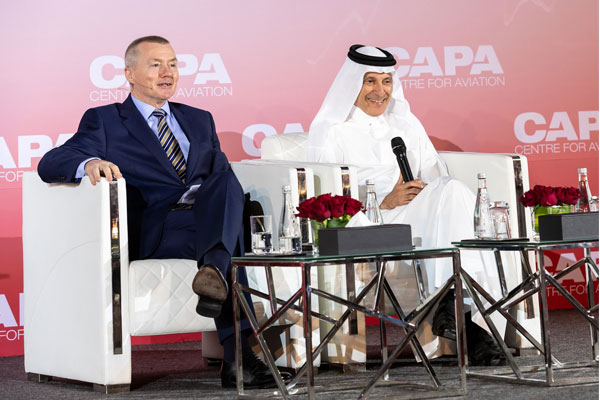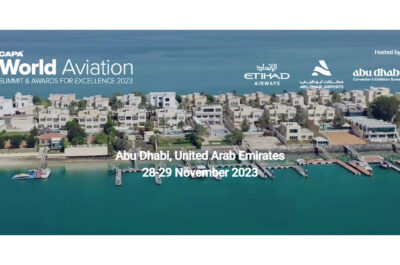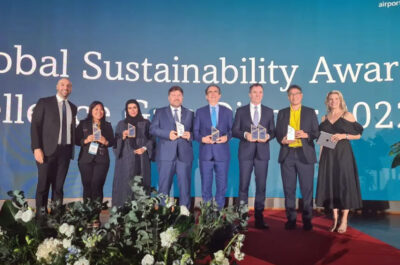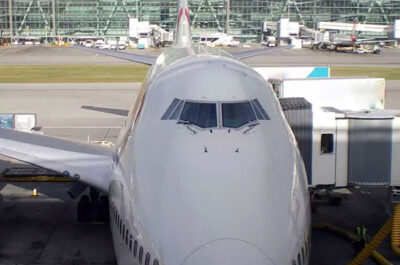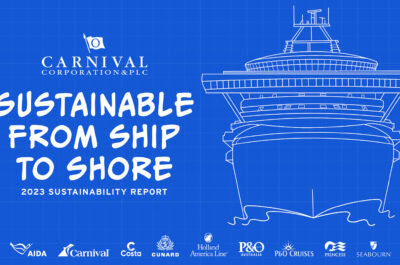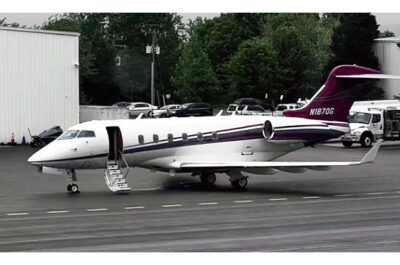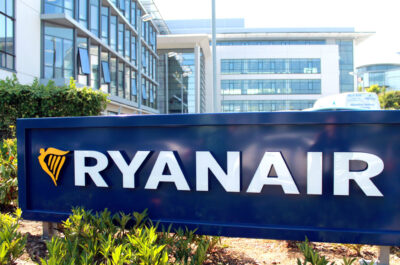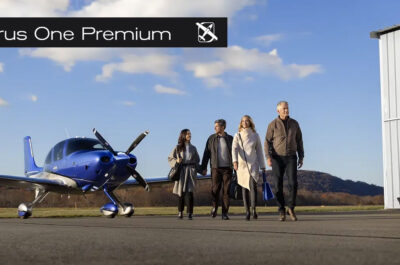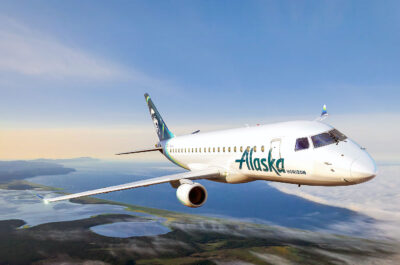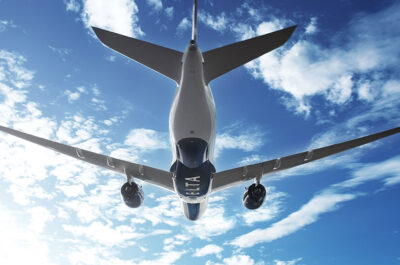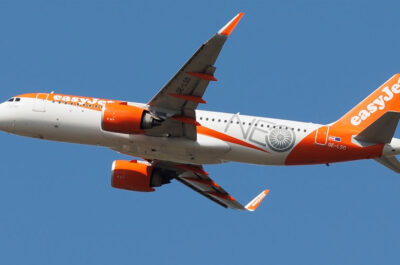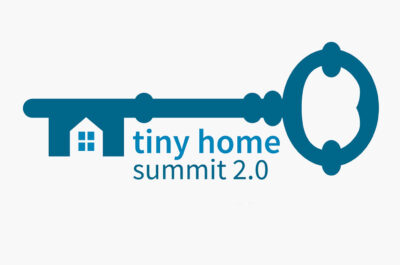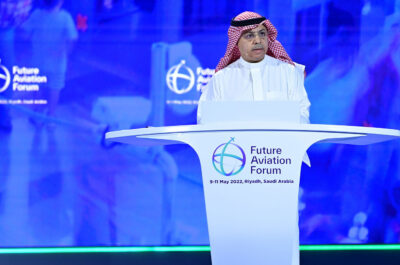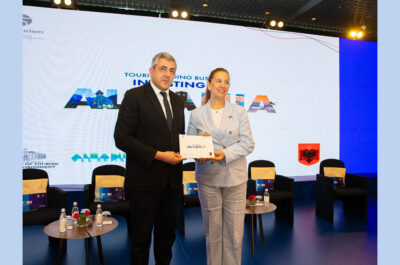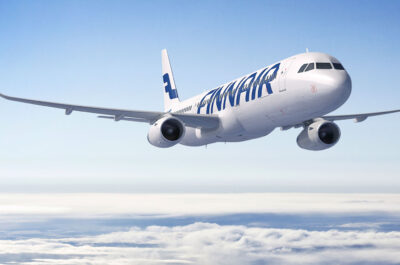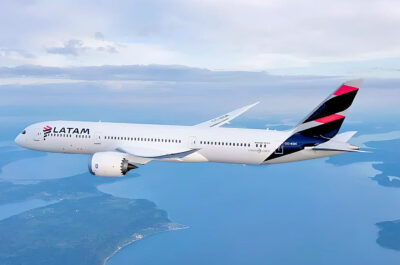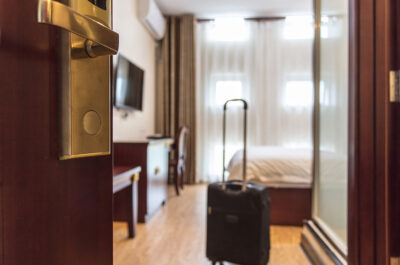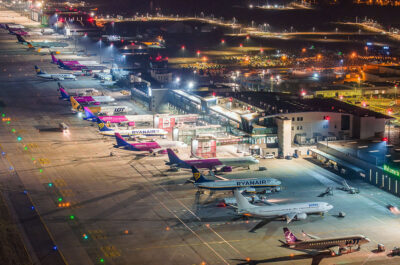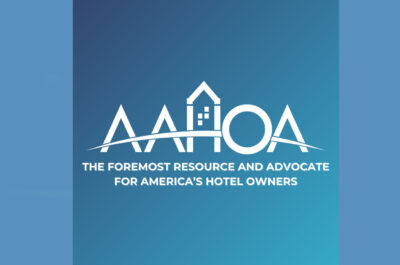The Doha Declaration of 2019 announced during the conclusion of last year’s summit called into question the modern-day relevance of the global aviation principals outlined in the Chicago Convention. This year’s edition focused on the pressing issues surrounding sustainability and aviation environment.
DOHA, QATAR – The CAPA Qatar Aviation, Aeropolitical and Regulatory Summit 2020 concluded with industry leaders renewing their commitment to the Doha Declaration. The Doha Declaration of 2019 addressed liberalisation of the skies, market access, sustainability and active engagement in Aeropolitical discussions at the highest level, and urged aviation stakeholders around the world to join in support of the ‘business of freedom’.
Based on the critical discussions held at this years’ two-day Summit, a second iteration of the Doha Declaration was adopted, highlighting the growing need for sustainable operations and engaging stakeholders to act collectively to address climate change and promote sustainability in the aviation industry:
Doha Decleration of 2020
Travel and tourism, within a liberal regulatory framework, are essential for global connectivity and socio-economic development. 20% of all new jobs are created in this industry.
However, in the face of climate change, it is essential for the industry to engage collectively to reduce the level of emissions.
The aviation and tourism industries recognise there are no single “one-size-fits-all” solution to the environmental challenges the world is confronted by today.
To secure environmental sustainability for future generations, it is recommended that urgent action should be taken by:
Airlines
a) To work actively with manufacturers and fuel suppliers to explore all avenues for emission reduction, including but not limited to using and developing alternative fuels, and ensuring efficient operational processes.
b) To promote a clear and coherent industry message to assure the public that effective measures are being taken.
c) To cooperate with and encourage airports to play an active and integral role in improving operational efficiencies.
Governments (unilaterally and multilaterally)
a) To consult actively with industry to complement industry action while minimizing the regulatory temptation to impose additional taxes in the form of charges and fees.
b) Whenever taxes are imposed, these should be transparently allocated to activities that will serve to reduce the industry’s impact on the environment.
c) To achieve reduction in carbon emissions by improving the effectiveness of air traffic management. Urgent steps should be made in every jurisdiction to achieve rapid improvements in that direction.
Other stakeholders
a) Travellers should be provided with clear, reputable, and globally-acceptable means of off-setting their carbon footprint.
b) Leading education institutions together with the aviation industry should work to define and develop appropriate data and skills – both technical and non-technical – with the ultimate goal to support the development of a strong and effective cohort of aviation environment professionals, and promote equal accessibility to leadership positions.
Qatar Airways Group Chief Executive, His Excellency Mr. Akbar Al Baker, commenting on the declaration, said: “I wholeheartedly endorse the second iteration of the Doha Declaration. It is a reflection of the two days of productive discussions and reflects the need for all stakeholders in the aviation industry to work together to develop solutions for the challenges we face now and in the future”.
CAPA Chairman Emeritus, Peter Harbison said: “Now is a critical time for our global industry. The Doha Declaration continues to evolve based on the progress, or lack thereof, of liberalisation in the aviation industry. This insight is driven by the discussion during the CAPA Qatar Aviation, Aeropolitical and Regulation Summit, which demonstrates just how important it is to have platforms for open discussion with global aviation leaders, to help remove barriers to progress and drive the industry towards an open marketplace.”
The CAPA Qatar Aviation, Aeropolitical and Regulatory Summit 2020, took place from 5-6 February, providing a pivotal platform to continue the discussion on open skies, aviation access and regulation among the most influential and esteemed leaders in the industry.
Key international industry speakers included: Qatar Airways Group CEO, H.E. Akbar Al Baker; IATA Director General & CEO, Alexandre de Juniac; IAG CEO, Willie Walsh; RwandAir CEO, Yvonne Manzi Makolo; European Commission Director General Mobility and Transport, Henrik Hololei; US Department of Transportation Director of International Aviation, Brian Hedberg; African Airlines Association (AFRAA) Secretary General, Abderahmane Berthe; European Parliament Member and Coordinator for Transport and Tourism, Jose Ramon Bauza Diaz; TIACA Secretary General, Vladimir Zubkov and AACO Secretary General, Abdul Wahab Teffaha, were also joined by a number of other senior executives from airports, government, industry bodies, academics and other industry leaders.
CAPA – Centre for Aviation (CAPA), part of Aviation Week Network, is the leading provider of independent aviation market intelligence, analysis and data services covering worldwide developments. Established in 1990, CAPA’s platforms help the aviation sector and supplier businesses stay informed, remain connected to industry leaders and fuel inspiration to drive change. CAPA’s global C-level and corporate travel summits are held in key aviation markets around the world, attracting executive level speakers, attendees and leading stakeholders of the global commercial aviation industry. Aviation Week Network, the largest multimedia information and services provider for the global aviation, aerospace, and defence industries, serving 1.7 million professionals around the world, is part of Informa Markets, a division of Informa PLC.
A multiple award-winning airline, Qatar Airways was named ‘World’s Best Airline’ by the 2019 World Airline Awards, managed by the international air transport rating organisation Skytrax. It was also named ‘Best Airline in the Middle East’, ‘World’s Best Business Class’, and ‘Best Business Class Seat’, in recognition of its ground-breaking Business Class experience, Qsuite. It is the only airline to have been awarded the coveted “Skytrax Airline of the Year” title, which is recognised as the pinnacle of excellence in the airline industry, five times.
Qatar Airways currently operates a modern fleet of more than 250 aircraft via its hub, Hamad International Airport (HIA), to more than 160 destinations worldwide. The world’s fastest-growing airline will add Osaka, Japan; Santorini, Greece; Dubrovnik, Croatia; Almaty and Nur-Sultan, Kazakhstan; Accra, Ghana; Cebu, Philippines; Lyon, France; Trabzon, Turkey; Siem Reap, Cambodia and Luanda, Angola to its extensive network in 2020.
Tatiana is the news coordinator for TravelDailyNews Media Network (traveldailynews.gr, traveldailynews.com and traveldailynews.asia). Her role includes monitoring the hundreds of news sources of TravelDailyNews Media Network and skimming the most important according to our strategy.
She holds a Bachelor's degree in Communication & Mass Media from Panteion University of Political & Social Studies of Athens and she has been editor and editor-in-chief in various economic magazines and newspapers.












